We all understand that gut health is extremely important. Whether you’re trying to manage hair loss or live longer, the best thing you can do for your health is to keep your gut happy. Not doing so can introduce a host of problems that range from diabetes and allergies to autism and inflammatory conditions. Additionally, for those struggling to lose those stubborn pounds, your gut bacteria could also be responsible for roadblocks in your weight loss journey.
Does gut bacteria affect weight?
In short, yes.
As we’ve mentioned, your gut helps to maintain the health of your body, and your gut microbes are quite involved in the body’s many functions, and this includes the regulation of your metabolism, digestion, and hunger.
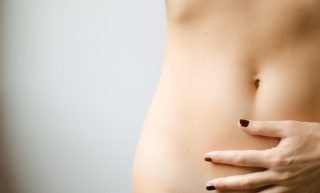
Photo by Ava Sol on Unsplash
There are a few ways that gut bacteria can influence your weight;
- Digestion: Poor digestion can increase the risk of weight gain. Gut bacteria help to digest certain foods, such as fiber, which has been found to promote weight loss.
- Inflammation: Gut bacteria are closely linked to inflammation and research has found that weight increases as levels of inflammation increase.
- Hunger regulation: Your appetite is regulated by the hormones leptin, gherkin, and PYY (peptide YY). Dr. Martin Blasar is a professor of medicine and microbiology at New York University and the author of the book Missing Microbes. According to him, if you don’t have the microbe Helicobacter pylori, in your system, then you risk overeating as Helicobacter can help regulate the hunger hormone ghrelin.
What has the research found?
- A 2009 study examined the gut bacteria in 77 pairs of twins, one of whom was obese and one of whom was not. The results revealed that the obese twins not only had different gut bacteria than their non-obese twins, but they also had lower gut bacteria diversity.
- A 2014 study found that the gut bacteria Christensenellaceae is associated with being slim while having less of the bacteria is linked to being obese.
What about antibiotics?
According to an article published in Scientific American, the overuse of antibiotics in the past few decades can be credited for the obesity epidemic.
The researchers of the article came to this conclusion by feeding young mice a steady, low dose of antibiotics – similar to what farmers do when looking to fatten up their livestock. The researchers noted how antibiotics altered the mice’s gut bacteria, and it wasn’t long before antibiotic-fed mice put on weight.
A more recent study, published in the International Journal of Obesity, found that children who receive antibiotics throughout the course of their childhood gain weight significantly faster than those who do not.
Why exactly do antibiotics disrupt your gut bacteria so much? Well, antibiotics are intended to address bacterial infections and when they enter your body, they don’t know which bacteria are making you sick and which is helping you, so they sometimes inadvertently remove the good with the bad.
6 Ways to Keep Your Gut Bacteria Healthy (And Lose Weight)
1. Eat more fiber
A study published in Cell Host Microbe found that fiber can help gut bacteria thrive, and this of course can encourage better health and weight loss (1).
For fiber-rich foods, opt for leafy green vegetables like kale and Swiss chard, artichokes, carrots, apples, bananas as well as nuts and seeds.
2. Stay away from processed foods
Foods rich in sugar and fats can trigger inflammation and this can be detrimental to your gut health (2).
Staying away from such foods won’t only help you manage your weight, but it can also protect the health of your gut microbe.
3. Fall in love with probiotic foods
If there’s one thing your gut needs, it’s definitely probiotics. These microorganisms help to take care of your gut by fighting off bad bacteria and keeping your gut microbiome happy.
In regards to weight loss, probiotics have been found to help trigger the release of appetite-regulating hormones, which in turn can help to encourage weight loss (3).
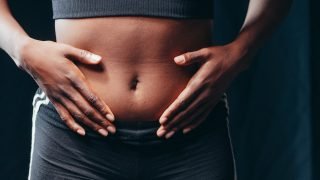
Photo by Kindel Media from Pexels
The best way to get probiotics into your body is by eating fermented foods such as yogurt, pickles, kombucha, kefir, sauerkraut, and miso.
4. Stay active
Evidently leading an active lifestyle can help you keep the weight off, but did you know that exercising can also support your gut bacteria?
According to a 2019 review published in Exercise and Sport Sciences Reviews, “increasing evidence suggests that regular aerobic exercise confers benefits to the gut microbiota, which may be partially responsible for the widespread benefits of regular physical activity on human health.”
5. Get some sleep
Poor sleep won’t only increase your risk for weight gain by affecting your appetite, but it can also disrupt your gut microbiome. That’s at least according to one study that found that after two nights of partial sleep deprivation, participants experienced changes in their gut bacteria that were associated with different metabolic problems.
If you’re struggling with getting proper sleep. here’s our guide on how to sleep through a pandemic.
6. Manage your stress levels
Yes, we’re living through a pandemic and things can get a little stressful. That’s understandable. However, it’s also important to note how stress can affect your health. From comfort eating to disrupting your digestive health, stress is not good for the body, and it needs to be managed.
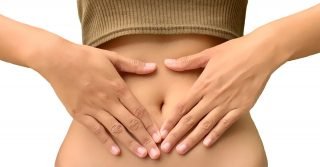
Image by Alicia Harper from Pixabay
This can be done with relaxing activities such as reading, meditation, and even gardening.
Bottom line
Your gut is important and each bacterium found in it is pretty special, so it’s important to take care of it. Even if weight loss isn’t part of your 2021 journey, if you really want to stay on top of your health in the common months, then do everything you can to keep your gut happy.


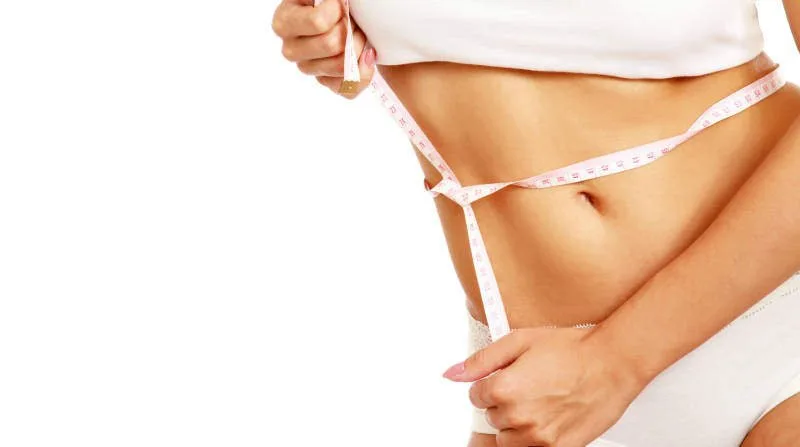
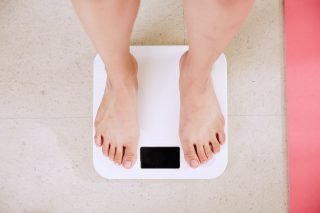


![women [longevity live]](https://longevitylive.com/wp-content/uploads/2020/01/photo-of-women-walking-down-the-street-1116984-100x100.jpg)










